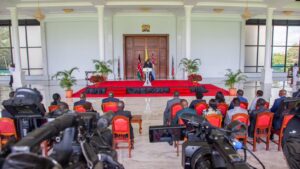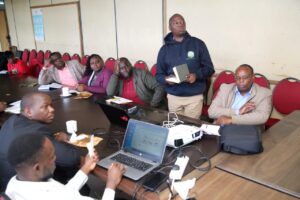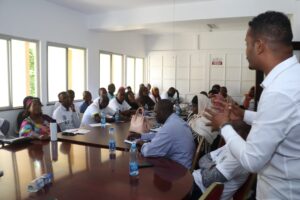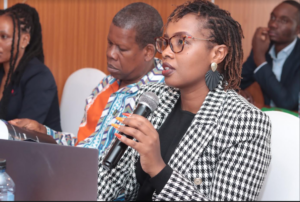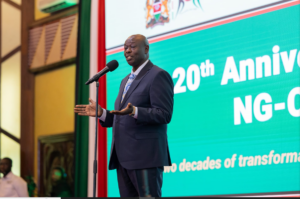Education stakeholder RELI wants KNEC to abolish ranking of candidates, check on age of school entry

Three days after the Ministry of Education Cabinet Secretary Professor George Magoha released the 2021 Kenya Certificate of Primary Education (KCPE) results, several concerns have been raised by a number of education sector stakeholders.
One of those stakeholders is the Regional Education Learning Initiative (RELI) that says the results released revealed three key findings that needs to be looked into by the relevant authorities.
The first of the findings is the fact that one percent of the candidates scored 400 marks and above, 26% scored between 300-399 marks, 48% scored between 200-299 marks and 25% scored below 200 marks while more than 1,000 scored below 100 marks.
Secondly, the Initiative noted that a total of 11,500 of the registered candidates did not sit for the examination while third, a total of the candidates were aged 12 years and below when they sat for the examination, against the policy of the Ministry of Education.
The Executive Director of Usawa Agenda Emmanuel Manyasa said that following the results, five concerns must be raised that include but not limited to the fact that as the country celebrated the top candidates, it must also ask questions about the candidates who score very low marks, take note of absenteeism of learners from examinations and that schools seem to just have ignored the policy on the age of school entry.
‘Kenya has a policy that stipulates that no pupil should be admitted to grade 1 if they have not attained 6 years of age. Now someone who is 12 years at class 8 entered grade 1 at 4 years of age, unless, if they skipped 2 grades over primary schooling. While evidence indicates that actually underage learners outperform their over-age counterparts, the policy on right age is well justified. It aligns well to the growth and development of the child. Most importantly, it allows young children to play, and join school when their time comes,’ Manyasa noted.
Manyasa also said that ranking of students may be causing more harm than good and lastly there seems to be a consistent pattern of inequity in distribution of the results.
In recommendations outlined by RELI Country Director Samuel Otieno and Zizi Afrique Director Dr John Mugo flanked by RELI Country Coordinator Margaret Wawira, the initiative wants the education relevant authorities to address the improvement of learning, through early assessment and accelerate learning methods for all learners, offer supplementary examinations for pupils faced by sickness and other tragedies and most importantly enforce the age of school entry policy.
‘We also want the authorities to abolish ranking of schools and pupils, and keep the focus on learning,’ they recommended.
RELI also wants the authorities to track schools and regions that consistently underperform to determine the factors behind the poor results and institute remedial measures.
‘In particular, ensure adequate support for public schools which serve a greater share of learners from marginalized and disadvantaged communities including learners with disabilities and learners from poor communities,’ they further recommended.

